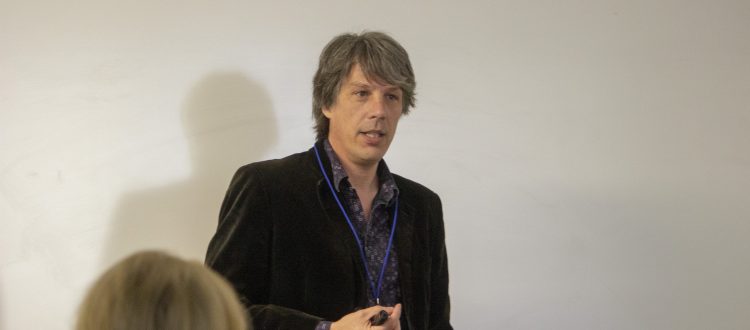KQED: Adapting for a changing audio space: Tim Olson
By Christi Warren

KQED, the NPR-affiliate which provides news and analysis to the San Francisco Bay Area, is readying itself for a sea change. For the first time in decades, artificial intelligence and smart speakers are making audio storytelling interactive. So what does that mean for the future?
“We spend a lot of time mulling over how we’re going to play in that space,” said Tim Olson, chief digital officer for KQED. Olson spoke at the 10th Data & AI for Media Week at Microsoft in San Francisco on May 3.
The AI technology means that radio can now be a personalized experience, tailored to the needs and interests of listeners. So how do public radio stations craft stories to fit in that space?

One way is through an interactive game, of which there are a few in the space, but KQED hopes to expand beyond that.
On the anniversary of a well-known officer-involved fatal shooting, KQED employed a social media campaign asking listeners and readers to share how that death affected them. Olson is interested in how a similar campaign could leverage the interactivity of smart speakers.
“What if we could do that in an audio space,” he said. “Give us your audio testimonial.”


